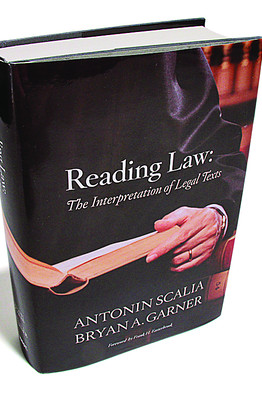The Supreme Court ObamaCare ruling is the topic at a Federalist Society forum on October 4 at Florida International University College of Law. David Rivkin, who led the 26-state case against the US government, and Prof. Elizabeth Foley will present.
FOR IMMEDIATE RELEASE
PRLog (Press Release) – Oct 01, 2012 –
The issue of government takeover of healthcare isn’t going away. While Chief Justice John Roberts’ opinion on the legality of ObamaCare put limits on Congress’ power to regulate citizens’ activity, it gutted limitations on Congress’ taxing power.
David Rivkin, who led the 26-state case against the U.S. government in Florida’s 11th District Court (whose judge, Roger Vinson, ruled in the plaintiffs’ favor), said that the Supreme Court decision in June was both “excellent and bad.” The Supreme Court ObamaCare ruling is the discussion topic on Thursday, October 4, at Florida International University College of Law.Prof. Elizabeth Foley, a “founding faculty” of the FIU College of Law, will serve as commentator for the event.
Read more »

